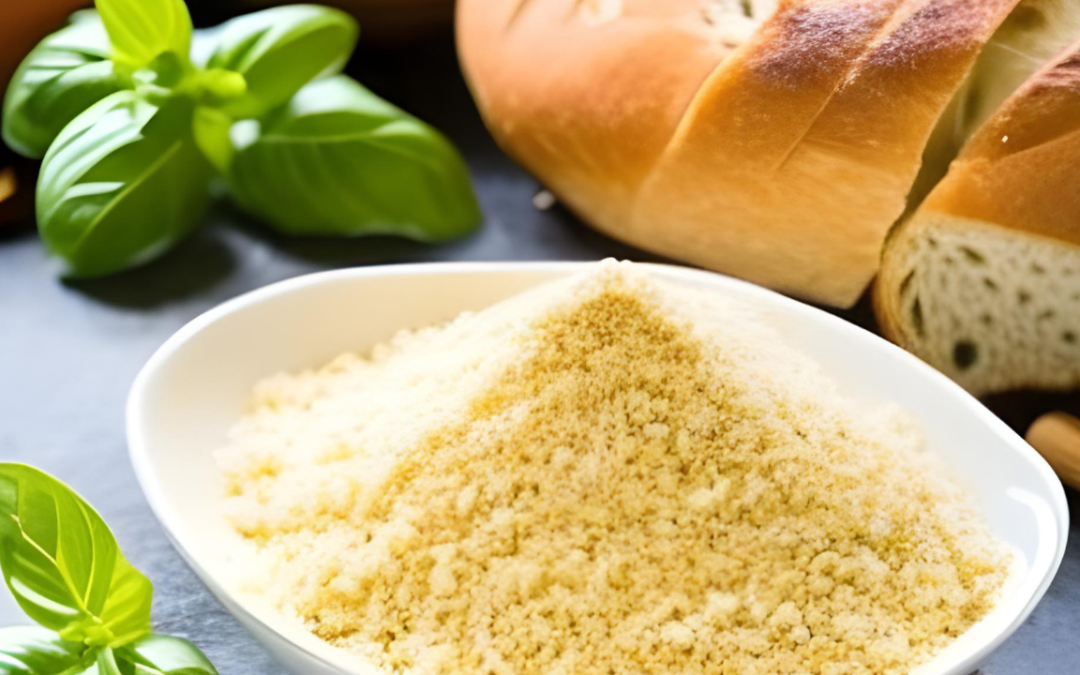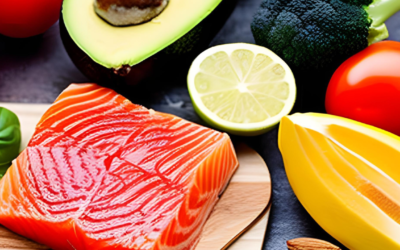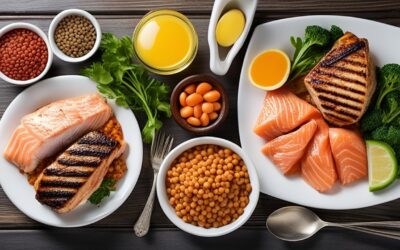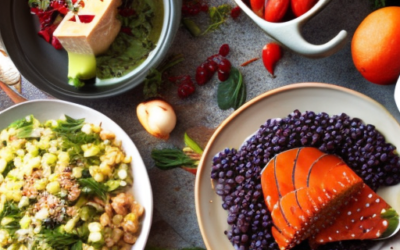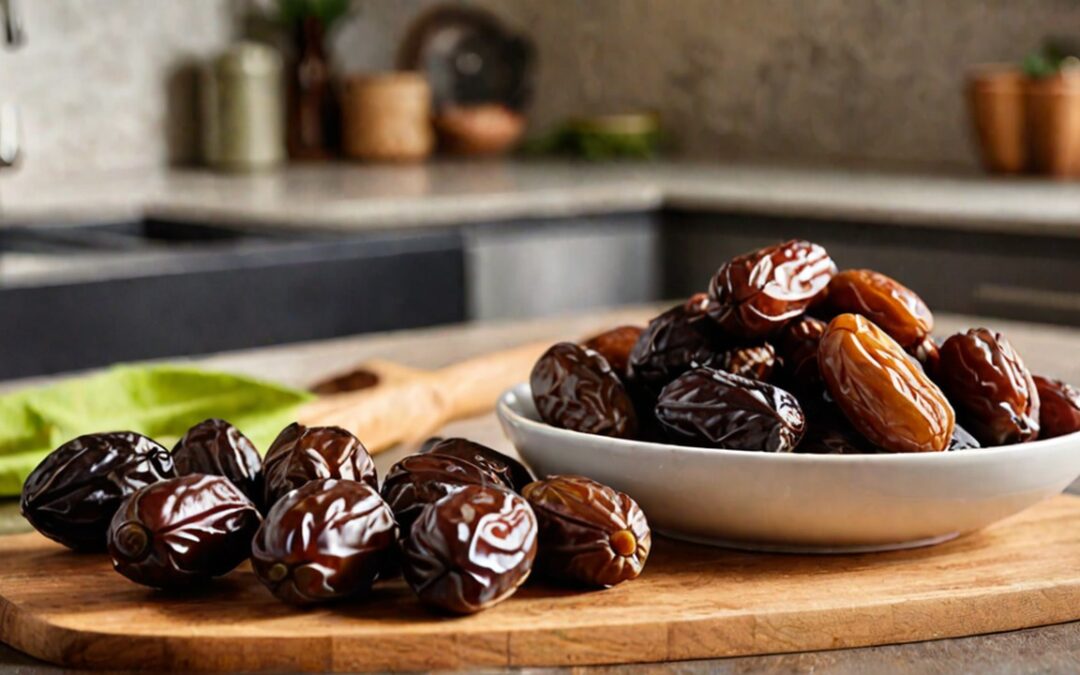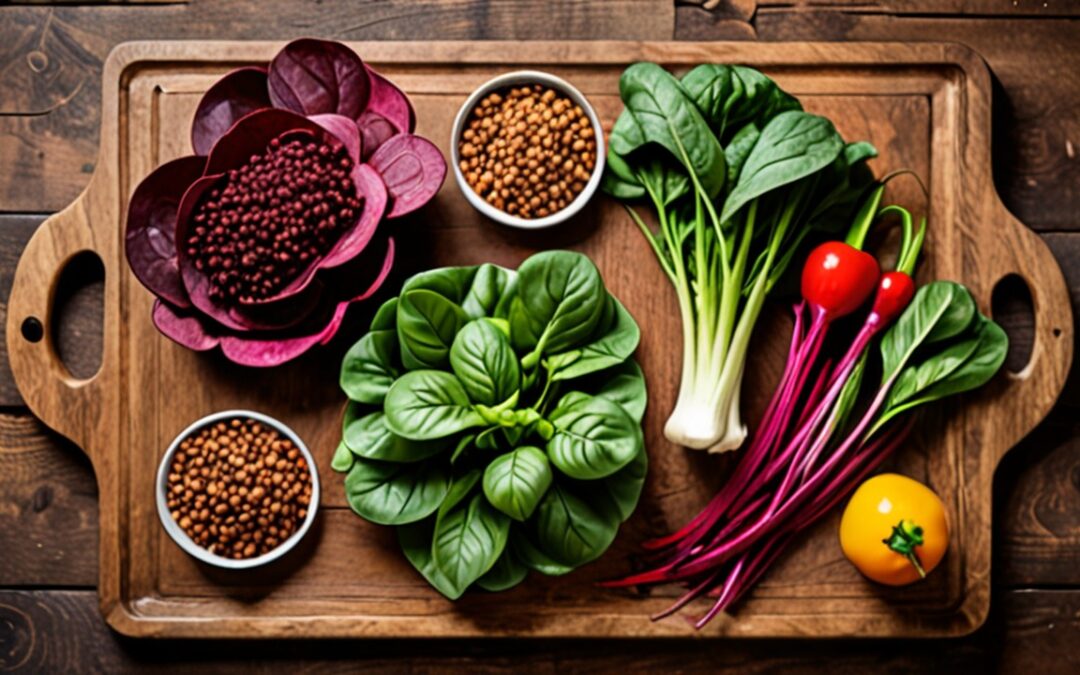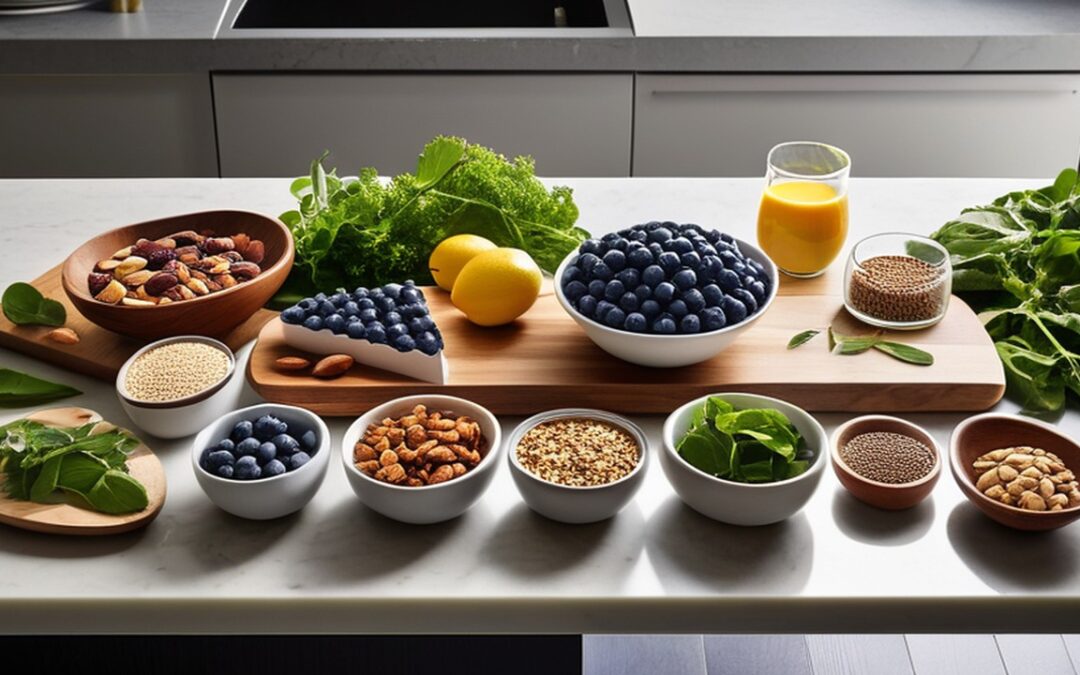As a woman who enjoys walking, I understand the importance of having the right pair of shoes. Walking lets us stay active and explore, but without the right shoes, it can hurt.

Why Am I Always Tired? Science-Backed Reasons
Why Am I Always Tired? Science-Backed Reasons
Introduction: Why Am I Always Tired?
If you find yourself always asking yourself, “Why am I so tired?” or “Why am I always tired and have no energy?” despite getting enough rest, you’re not alone. Many people, especially women, often wonder, “Why am I always tired and have no energy female?”
Modern life often leaves people feeling weak and tired. This fatigue affects your energy, mood, and ability to get things done; it even impacts your health. Sudden tiredness during the day can be particularly disruptive to your routine.
Think about how tired you feel after a long day at work versus how energized you feel after a good night’s sleep. The contrast is enormous. But understanding why you’re always tired and have no energy is the first step toward fixing it.
Science-backed solutions for beating exhaustion are here! Get ready to know 10 of the most known causes and how to fight back. Persistent fatigue? It’s a good idea to get it checked out by a doctor to make sure there isn’t a bigger issue.
Table of Contents
- Poor Sleep Quality
- Nutrient Deficiencies
- Dehydration
- Refined Carbohydrates & Sugar
- Sedentary Lifestyle
- Stress and Burnout
- Mental Health Issues
- Inadequate Sunlight or Vitamin D
- Post-Illness Fatigue
- Mitochondrial Dysfunction
- Bonus: Could It Be Your Medications?
- When to See a Doctor
- Quick Wins to Boost Energy
- FAQs
- Poor Sleep Quality
You might be sleeping 7–8 hours, but if it’s not deep, uninterrupted sleep, your body isn’t recovering. Common disruptors include blue light exposure, caffeine intake late in the day, and inconsistent sleep schedules.
This can lead to daytime sleepiness and make you wonder, “Why am I always tired even though I get enough sleep?”
Fix It:
- Create a wind-down routine 1 hour before bed
- Avoid screens 60 minutes before sleeping
- Consider magnesium glycinate or melatonin (consult your doctor first)
- Address potential sleep disorders like sleep apnea or insomnia
- Nutrient Deficiencies (Iron, B12, Magnesium, Iodine)
Even a mildly unbalanced diet can result in low levels of energy-boosting nutrients like iron, vitamin B12, and magnesium. Low iron is a big reason many women feel tired.
Low energy and constant fatigue? Vitamin deficiencies could be the reason.
Symptoms:
- Brain fog
- Dizziness
- Shortness of breath
Fix It:
- Eat a balanced diet including dark leafy greens, legumes, lean meats, whole grains
- Ask your doctor about a comprehensive blood test to check for vitamin deficiencies
- Consider supplements like methylated B12 or chelated iron (consult your healthcare provider first)
- Your body needs water; without it, you get dehydrated.
Cells need water to make energy. Dehydration zaps your energy. A small amount of fluid loss can make your metabolism slow, which explains that constant tiredness.
Fix It:
- Aim for 2–3 liters of water daily
- Check your urine color—it should be pale yellow
- Add electrolytes if you’re active or live in a hot climate
- Refined Carbs & Sugar Spikes
Sugary snacks and white bread give you a quick energy spike—and an even faster crash, which can lead to feeling sleepy all the time.
Fix It:
- Focus on complex carbs: quinoa, oats, whole grains
- Pair carbs with protein or healthy fats to stabilize blood sugar
- Use cinnamon, apple cider vinegar to balance glucose response
- Sedentary Lifestyle
Ironically, the less you move, the more tired you feel. Physical inactivity reduces oxygen circulation and slows metabolism, making you always tired and sleepy.
Feeling sluggish? Get up and move around—it’ll make a difference. You’ll feel so much better
Fix It:
- Get at least 30 minutes of moderate activity daily
- Try walking meetings, stretching breaks, or short yoga flows
- Use a wearable to track your steps and movement goals
- Stress and Burnout
When cortisol levels stay elevated, your energy tanks. Chronic stress can feel like running a mental marathon every day, leading to fatigue symptoms and making you wonder, “Why do I have no energy?”
Fix It:
- Practice meditation or breathwork daily
- Set boundaries to reduce cognitive overload
- Try adaptogens like ashwagandha or rhodiola (with professional guidance)
- Mental Health Issues
Depression, anxiety, and chronic fatigue syndrome are often overlooked causes of tiredness.
If you’re asking yourself, “Why do I want to sleep all the time and have no energy?” it might be related to your mental health, even if you’re getting enough sleep.
Fix It:
- Don’t self-diagnose—consult a mental health professional
- Exercise, routine, and talk therapy are proven fatigue-fighters
- Consider journaling or mood-tracking apps
- Inadequate Sunlight or Vitamin D
Vitamin D helps regulate mood, sleep, and immunity—all of which affect your energy levels. Not enough sun? Your sleep schedule might get messed up, making you always sleepy.
Fix It:
- Get 15–20 minutes of direct sunlight daily
- If that’s not possible, get tested and consider D3 supplements (with K2)
- Post-Illness Fatigue
Recovering from flu, COVID-19, or other viral infections can drain your energy for weeks, making you feel tired and have no energy.
Many people ask, “Why my body feels weak and tired?” after an illness.
Fix It:
- Prioritize rest and hydration
- Support immunity with zinc, vitamin C, and reishi mushrooms
- Don’t rush back into your normal pace—ease in gradually
- Always consider consultation with health professionals
- Mitochondrial Dysfunction
Your cells’ energy factories (mitochondria) may not be functioning optimally due to oxidative stress, poor nutrition, or inflammation, contributing to why you’re always tired.
Fix It:
- Eat antioxidant-rich foods (berries, leafy greens, fatty fish)
- Avoid toxins like cigarette smoke and processed food
- Consider supplements like CoQ10 and alpha-lipoic acid. Medical consultation first.
Bonus: Could It Be Your Medications?
Some medications (like antihistamines, blood pressure meds, or antidepressants) can cause fatigue as a side effect, making you feel sleepy all the time. Medication side effects can be a hidden cause of persistent tiredness.
Fix It:
- Review your medication list with your doctor
- Don’t stop any meds without medical supervision
When to See a Doctor
If tiredness persists despite lifestyle changes—or comes with symptoms like dizziness, pain, or unexplained weight loss—consult your physician.
If you’ve been asking yourself, “Why have I been so tired lately?” for an extended period, it’s time to seek professional help.
Anemia, thyroid issues, diabetes, heart disease, and hormonal changes due to menopause are all possibilities; your doctor may want to run some tests to see what’s going on.
Quick Wins to Boost Energy
- Drink a tall glass of water with lemon first thing in the morning
- Get sunlight before 10 a.m. to reset your sleep cycle
- Move for at least 10 minutes every hour to combat feeling sleepy all the time
- Cut out sugar for 7 days and see how it affects your energy levels
- Reduce caffeine intake, especially in the afternoon
FAQs
Q: Is it normal to be tired every day? A: No, it’s not normal to feel tired all the time. Persistent fatigue may signal poor sleep, diet, stress, or underlying health conditions.
Q: Best vitamin for a pick-me-up? A: B12 and magnesium are key players, but a holistic approach addressing all potential vitamin deficiencies is best. Consider medical tests.
Q: Can I fix tiredness naturally? A: Yes—through lifestyle factors, nutrition, hydration, sleep hygiene, and stress management, you can improve your energy levels naturally.
Q: Why do I feel sleepy all the time even when I get enough sleep? A: Sleep apnea? Thyroid trouble? These, along with poor sleep quality and nutritional deficits, are all potential culprits.
Final Thoughts
Chronic tiredness isn’t something to just accept—it’s a message from your body. By identifying the root cause of why you’re always tired and have no energy and taking targeted action, you can reclaim your vitality and get back to living life fully.
Need a starting point? Try improving your sleep routine and hydration first—they’re often the simplest yet most powerful fixes for combating fatigue symptoms and boosting your energy levels.
Remember, if you’re constantly thinking, “I’m so tired” or “I’m always tired,” it’s worth exploring these potential causes and solutions.
If you’re asking, “Why am I so sleepy all of a sudden?” or “Why am I so tired this week?”, consider recent changes in your routine or environment.
Feeling drained? Don’t let it dim your zest for life. Push through the tiredness and seize the day—you deserve it!
RELATED POSTS
Step Out Secured: The best 10 Walking Shoes for Women
From Comfort to Growth: Mastering the Art of the Stretch Zone
Stepping into the so-called ‘stretch zone’, an area beyond our comfort zones, is key to fostering personal growth and self-betterment.
Best unparalleled Exercises to Strengthen and Stabilize Your SI Joint
The SI joint, or sacroiliac joint, plays a vital part in interfacing the sacrum to the pelvis.
It is answerable for sending forces between the upper and lower body and giving security during different movements.
FOLLOW DISCOVERY BLOGGER









